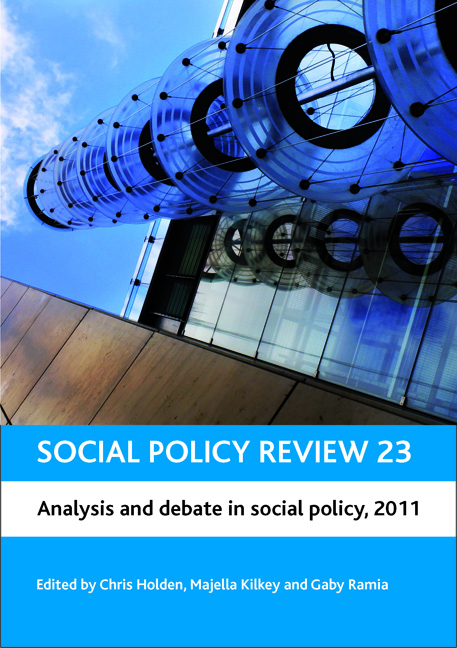fifteen - Exporting policy: the growth of multinational education policy businesses and new policy ‘assemblages’
Published online by Cambridge University Press: 01 September 2022
Summary
Introduction
In this chapter I address some particular aspects of global education policy, which are almost totally ignored in the current literatures on policy transfer and policy mobilities. That is, the role of policy as a profit opportunity for global edu-businesses, the ‘selling of policy’ and education services, and the participation of these businesses in national and international education policy communities (see Holden, 2009, on the export of public–private partnership [PPP]/private finance initiative [PFI] schemes in the health sector). I focus on some specific examples of these multinational education businesses (MNEBs), and look at their business activities and some of the new policy ‘assemblages’ in which they are key players as part of what Larner (2002, p 663) calls ‘a new specialist elite’. Thus, in a number of ways I explore the changing relationships between business, education policy and nation states, and the increasingly important role of corporate philanthropy in solving education policy problems, and touch on the concomitant changes in the form and modalities of the contemporary state. However, as I shall seek to illustrate, education policy analysis can no longer sensibly be limited to within the nation state, and policy analysis must also extend its purview to include transnational business practices.
The chapter begins with a discussion of policy transfer, and identifies some problems with the concept. The activities of MNEBs of different kinds are then discussed in four sections: new policy assemblages explores the developing relations between philanthropy and business to solve educational problems in low-income countries; exporting and selling policy looks at the policy work of a new breed of knowledge companies; education as big business focuses on consolidations and mergers and the emergence of transnational ‘giants’; and selling students considers private higher education and the global market in educational institutions. In each case the analyses and discussions are indicative rather than exhaustive.
Policy transfer
The term policy transfer refers to a diverse rag bag of ideas that attempt to capture and model the ways in which policy knowledge circulates globally. It is an ‘umbrella concept’ (Stone, 1999) which is used in and which draws on diverse literatures. It refers to the ‘import’ of ‘innovatory policy developed elsewhere’ (Stone, 1999, p 52) by national policy-making elites; to the imposition of policy by multilateral agencies; and to processes of structural convergence.
- Type
- Chapter
- Information
- Social Policy Review 23Analysis and Debate in Social Policy, 2011, pp. 303 - 322Publisher: Bristol University PressPrint publication year: 2011



